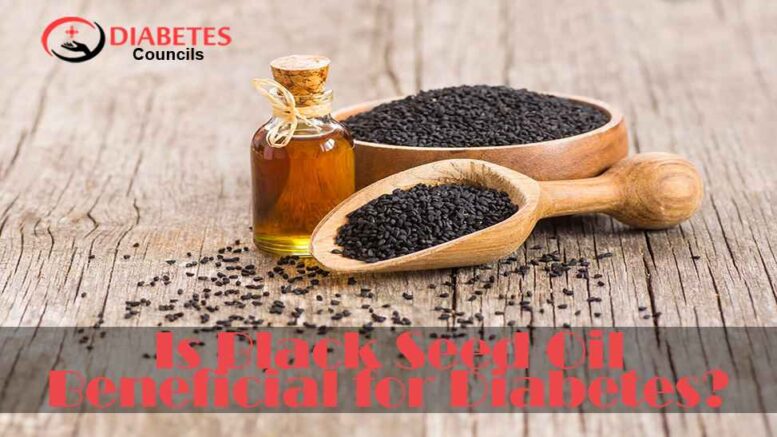Black seed oil
Many health benefits of black seed oil, also called black cumin oil and N. sativa oil, are supported by natural healers. The oil is extracted from the seeds of the plant known as kalonji, Nigella sativa.
In Middle Eastern and Indian cuisine, both the oil and the seeds are utilized.
Can diabetes be treated with black seed oil?
Diabetes is a frequent condition that impairs the body’s capacity to make and use insulin. This illness causes high blood sugar (glucose), among other factors. Medication is frequently used in treatment to assist control blood sugar. Diabetes comes in two primary forms: Type 1 and Type 2.
The quest is still on for complementary and alternative medications that can aid in lowering blood sugar levels. Some of that study focuses on black seed oil. It has produced several encouraging outcomes, such as:
A 2016 summary in the British Journal of Pharmaceutical Research, suggested that the effect of N. sativa seeds in treating diabetes is highly important (increasing insulin production, glucose tolerance, and beta cell proliferation). The summary came to the conclusion that the seeds can be very helpful in treating diabetic problems such neuropathy, nephropathy, and atherosclerosis.
According to a 2013 study, therapeutic effects of high dosages of N. sativa oil were shown in diabetic rats, with a considerable elevation in serum insulin levels.
A 2017 study found that by boosting insulin synthesis, lowering insulin resistance, promoting cellular activity, and reducing intestinal insulin absorption, black cumin seed oil gradually lowered HbA1c, or average blood glucose levels.
According to a 2014 study, giving diabetic rats black seed and turmeric as part of their meal decreased their intake of food, water, and blood glucose.
The hypoglycemic impact of N. sativa has been sufficiently examined and understood, along with other effects, according to a 2017 review of clinical trials, to permit the next stage of clinical trials or medication development.
Read Also: Build resilience by using a growth mindset to manage your diabetes
Components of black seed oil
A 2015 study of medical journals suggested that thymoquinone may be one of the main components of black seed oil’s hypoglycemic action. In order to determine whether components of the seed are safe and effective for use in clinical trials on diabetes patients, the evaluation recommended conducting toxicological and molecular investigations.
Black seed oil contains the following active ingredients:
- thymoquinone
- beta-sisterol
- nigellone
Additionally, the oil has amino acids like:
- linoleic
- oleic
- palmitic
- stearic
Moreover, black seed oil contains:
- selenium
- calcium
- iron
- potassium
- carotene
- arginine
Conclusion
Studies have showed positive results on black seed oil as a potential therapy for diabetes. Large-scale clinical trials are still required, though, to fully understand black seed oil’s safety for those with other health conditions besides diabetes and to find out how it interacts with other prescription drugs.
Consult your physician before using black seed oil to help control your diabetes. They can weigh the benefits and drawbacks of using black seed oil for your present health. As you start, they can also offer advice on how frequently to check your blood sugar.
If you choose to try black seed oil after speaking with your doctor, be sure the brand you choose has undergone safety and effectiveness testing. The selling of these supplements in the US is not regulated by the Food and Drug Administration (FDA).


Be the first to comment on "Is Black Seed Oil Beneficial for Diabetes?"